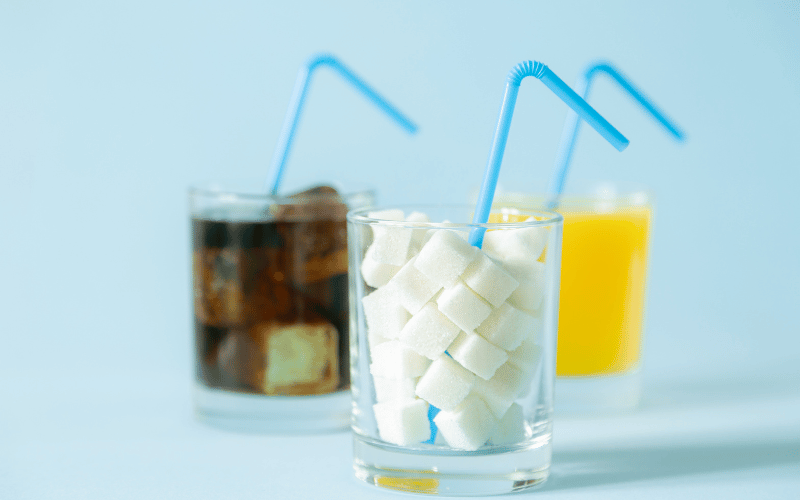4. Diet and Decay: A Balancing Act for Your Teeth

What you eat and drink plays a pivotal role in the health of your teeth. It’s a daily balancing act where the right choices can bolster your defenses against tooth decay, and the wrong ones can leave you vulnerable. Understanding the impact of diet on dental health is crucial for anyone looking to keep cavities at a distance.
Sugars and starches are notorious for their role in tooth decay. They provide a feast for the bacteria in your mouth, which in turn produce acids that can erode tooth enamel. It’s not just candy and sodas that are the culprits; many foods contain hidden sugars that can be just as damaging. Reading labels and making informed dietary choices is the first step in mitigating this risk.
But it’s not all about avoidance. There are foods that play a protective role, supporting oral health. Dairy products, for example, are rich in calcium and phosphates, which can help remineralize teeth. Crunchy fruits and vegetables increase saliva flow, a natural defense against cavities, washing away food particles and buffering acids. Drinking water throughout the day helps in a similar way, especially if it’s fluoridated.
Frequency of eating is another factor. Snacking constantly provides a continuous supply of fuel for bacteria, increasing the chance of tooth decay. It’s better to stick to designated meal times and limit snacking. If you do need a snack, opt for something low in sugar and starch.
Diet is more than just what we eat—it’s how we eat. Foods that require a good chew can strengthen teeth and gums, while sticky, clingy foods can cling to teeth longer, increasing the risk of decay. Balancing your diet for oral health is about making choices that satisfy nutritional needs while also respecting the delicate ecosystem of your mouth. (4)